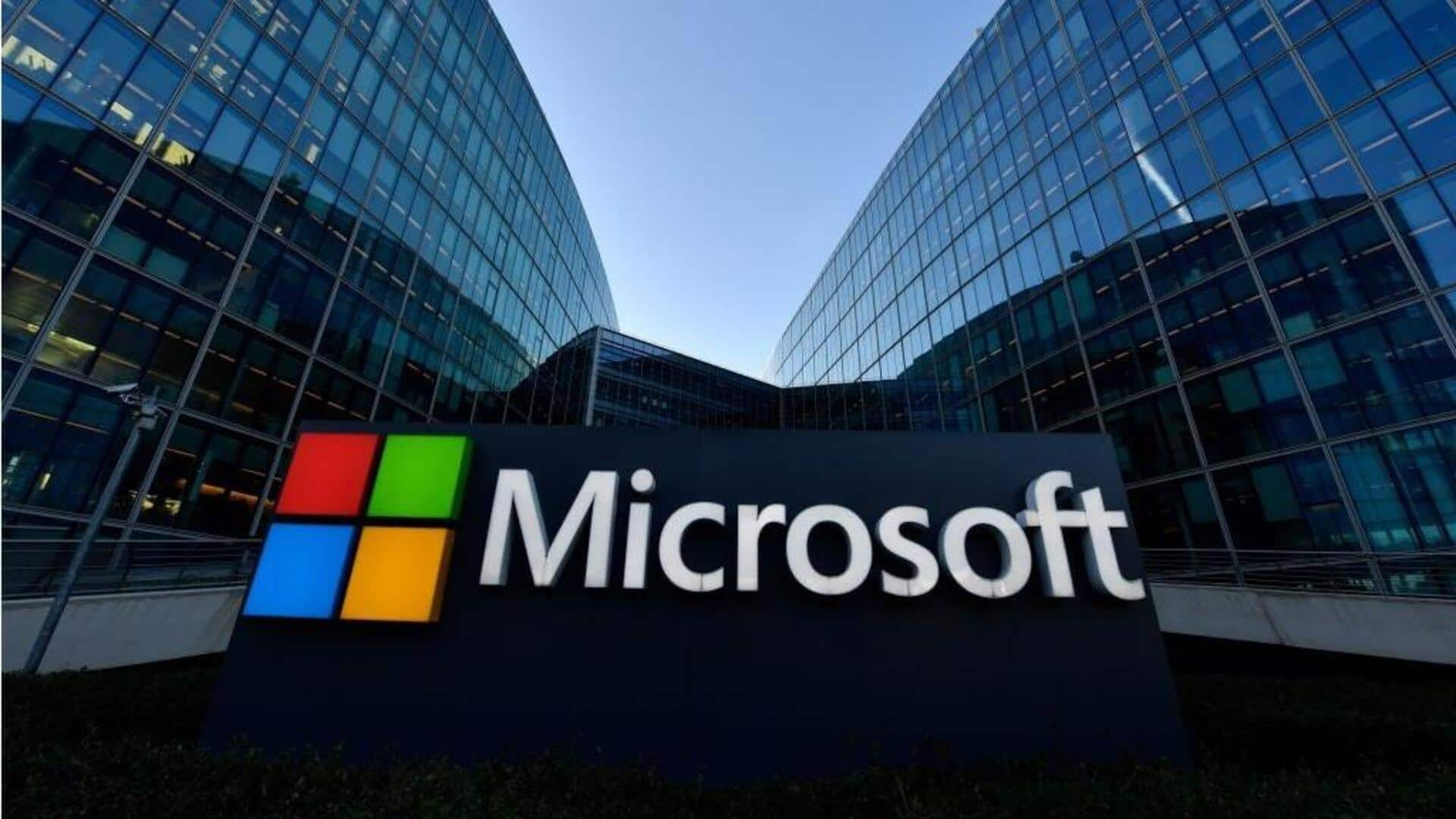
Here's how much Microsoft pays its AI engineers
What's the story
Microsoft is paying its artificial intelligence (AI) employees, especially those working on Copilot and generative AI initiatives, some jaw-dropping salaries. A confidential internal document obtained by Business Insider has revealed that the tech giant is encouraging managers to reward their teams with financial incentives. This comes as no surprise considering Microsoft's massive investments in AI development and deployment.
Salary surge
AI employees at Microsoft earn significantly higher salaries
Data from work visa applications in Q1 2025 shows that AI-focused employees at Microsoft can earn a base salary of over $300,000 per year. This is significantly higher than their non-AI counterparts. Some of the highest-paid roles include Staff Software Engineer in Machine Learning at LinkedIn (up to $336,000), Senior Software Engineer in Systems Infrastructure at Microsoft (up to $278,000), and Product Managers focused on AI and Copilot initiatives (up to $250,000).
Compensation breakdown
Salary ceilings for various roles
The salary ceilings for select Microsoft and LinkedIn roles in Q1 2025 are as follows: Software Engineering (up to $284,000), Data Science (up to $274,500), Hardware Engineering (up to $270,641), Technical Program Management (up to $238,000), and Cloud Network Engineering (up to $220,716). Business-focused roles are also witnessing strong compensation ranges with Financial Analysts earning up to $213,800 and Product Marketers topping out at $213,200.
Strategic shift
Microsoft's realignment of its workforce
As compensation for AI talent soars, Microsoft is reshaping its workforce to support this shift. This has led to layoffs in traditional sales and support teams as the company focuses on technical salespeople, cloud architects, and machine learning engineers. The strategy also aims at strengthening Microsoft's position against Google and its own AI partner OpenAI for enterprise customers.